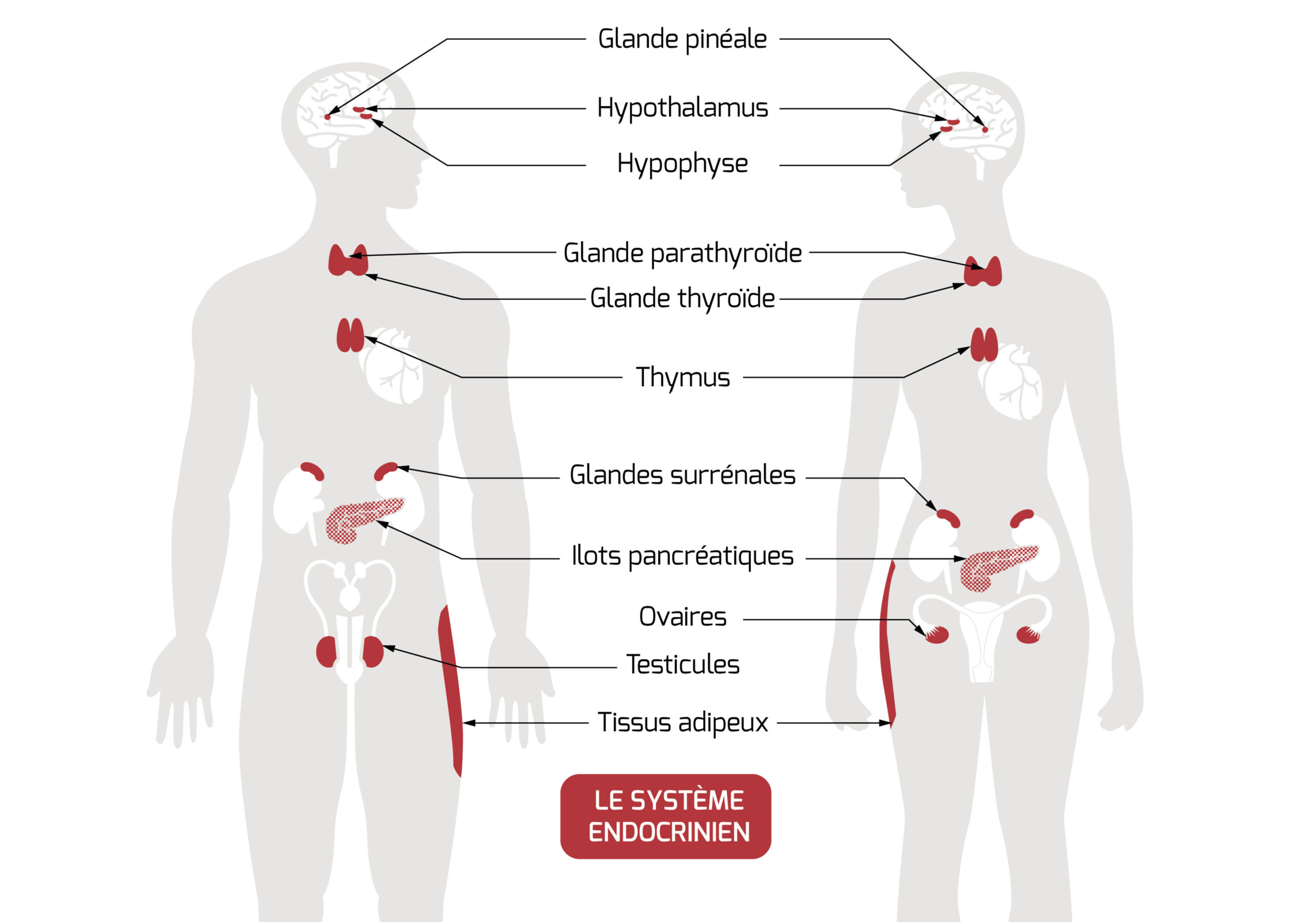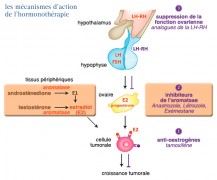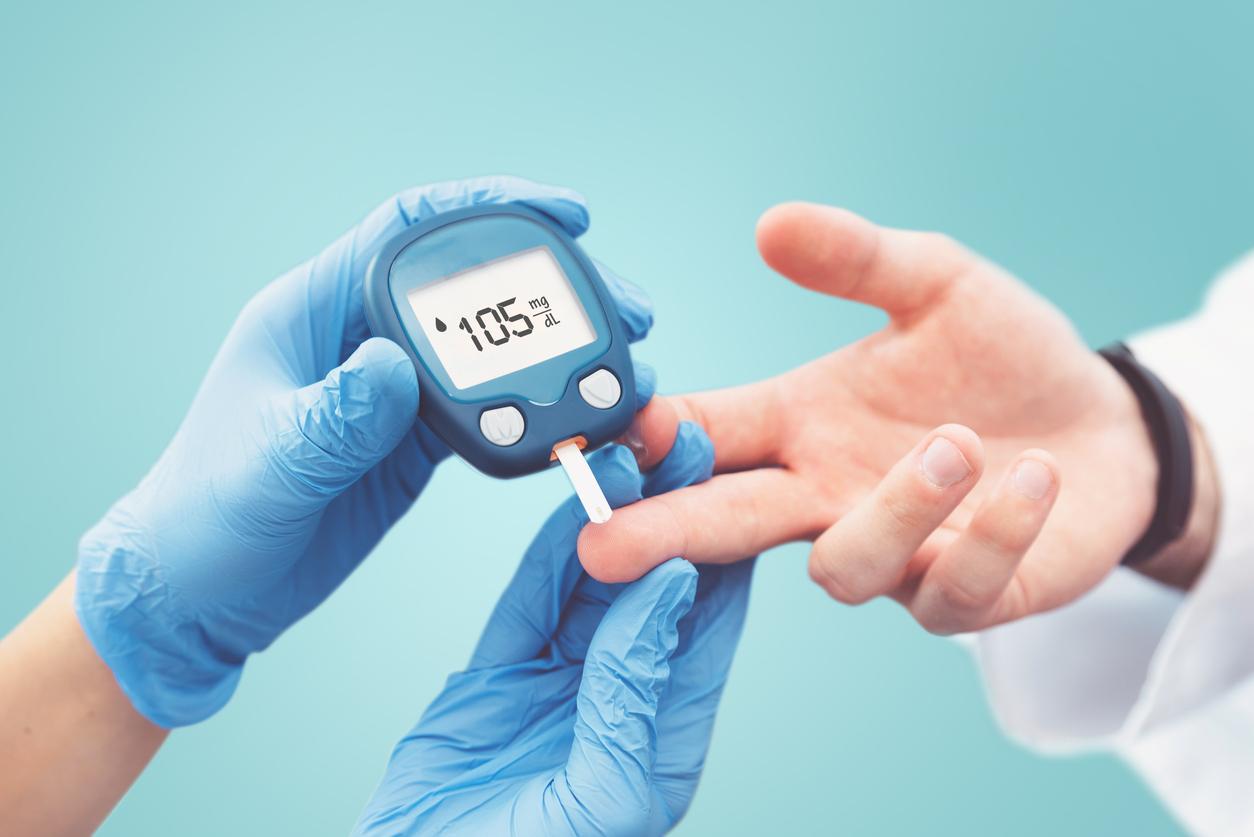The use of hormonal therapies has gained popularity in the treatment of various conditions, including hormone-dependent cancers, but its impact on metabolic health raises crucial questions. In fact, these treatments are designed to add, block or remove hormones, thus influencing essential processes such as lipid and carbohydrate metabolism. Several studies have highlighted potential effects on body weight and risk of dyslipidemia orhyperglycemia, which highlights the importance of careful assessment of the benefits and risks associated with hormonal therapy. As part of appropriate medical monitoring, it is essential to better understand these mechanisms in order to optimize patient outcomes.
|
IN BRIEF
|
Hormonal therapy is used in a variety of medical settings, including for the treatment of hormone-dependent cancers and to relieve symptoms related to menopause. However, its influence on the metabolic health raises questions. This article explores the effects of hormonal therapy on metabolism, including the potential risks of hyperglycemia, dyslipidemia, and weight fluctuations.
Understanding hormone therapy
Hormonal therapy involves adding, blocking, or removing hormones in the body to modulate biological processes, including those related to the growth of cancer cells. The therapy can promote hormonal balance, which is essential for healthy metabolic functioning. However, these interventions can also disrupt metabolic homeostasis, leading to complications.
Effects on body composition
One of the generally observed effects of hormonal therapy is weight gain. Although some hormonal treatments can cause change in metabolism, other studies show that this weight gain is often less marked compared to patients who do not receive hormone therapy. Certain treatments, such as those used to treat prostate cancer, may cause a slowing of metabolism source.
Impact on glycemic parameters
Hormone therapy may also influence levels of blood glucose. Anti-androgen treatments, for example, are associated with an increased risk of hyperglycemia. It is essential to monitor these parameters in patients receiving hormonal therapy, as insufficient control can lead to complications. metabolic more serious, such as type 2 diabetes.
Dyslipidemia and cardiovascular health
Another important aspect concerns the evolution of lipid profile. Studies indicate that certain hormonal treatments may contribute to dyslipidemia, marked by increased levels of LDL (low-density lipoprotein) cholesterol and triglypherides. This change in lipid levels can increase the risk of cardiovascular diseases and requires proactive management in treatment source.
Clinical Considerations
When considering hormone therapy, it is essential to thoroughly evaluate the benefits and risks associated with each treatment. Optimizing the effectiveness of hormonal therapy must be done in parallel with a strategy for managing metabolic risks, in particular through a healthy lifestyle and regular monitoring of metabolic parameters. source.
Conclusion on risk assessment
Assessing the impact of hormonal therapy on metabolic health is essential to ensure effective treatment while minimizing complications. Healthcare professionals must collaborate closely with patients in order to adapt therapeutic approaches while taking into account the metabolic consequences of hormone therapy. source. It is also crucial to examine the effects of aging on the hormonal system in order to refine intervention recommendations source.

Hormonal therapy, often used as part of treatments for hormone-dependent cancers or to manage symptoms related to menopause, has significant implications for metabolic health. Several studies highlight that this form of treatment can influence various metabolic factors, including body weight, cholesterol levels, and blood sugar regulation. Accordingly, it is crucial to evaluate and monitor the effects of hormonal therapy on the metabolic health of patients.
Effects on weight gain
One of the often discussed aspects is the impact of hormone therapy on weight gain. Although some studies have observed slight weight gain in individuals receiving treatment, others have demonstrated that this increase is less significant compared to the weight gain observed without hormonal intervention. It is possible that the type of hormones administered and the duration of treatment influence these weight variations. It is therefore recommended to regularly monitor patients’ weight to anticipate and manage any unwanted weight gain.
Impact on blood lipids
There dyslipidemia, manifested by changes in cholesterol and triglyceride levels, is another potential effect of hormone therapy. Hormonal treatments can promote an increase in LDL cholesterol (the “bad” cholesterol) while reducing levels of HDL cholesterol (the “good” cholesterol). In this context, it is crucial to perform regular lipid assessments in patients on hormonal therapy to detect any imbalance early and adapt the necessary interventions, such as dietary adjustments or the introduction of lipid-lowering drugs.
Effects on blood sugar
Hormone therapy has also been associated with hyperglycemia in some patients, increasing the risk of developing type 2 diabetes. This elevation in blood sugar may be related to changes in insulin sensitivity. Physicians should therefore proactively assess patients’ blood sugar levels and suggest interventions, such as diet modifications or an exercise program, to mitigate this risk.
Monitoring and management of side effects
It is essential to carefully monitor patients on hormonal therapy in order to identify side effects early onset that could affect their metabolic health. The frequency of medical visits should be increased during hormonal treatment, allowing rapid adjustment of therapy if complications arise. Physicians are encouraged to establish an open dialogue with their patients about the symptoms experienced in order to optimize the management of adverse effects.
Through systematic assessment and rigorous monitoring of the effects of hormonal therapy on metabolic health, it is possible to optimize treatment while minimizing associated risks. Recommendations include regular monitoring of weight, blood lipids and blood sugar, as well as a commitment to proactive management of side effects, to ensure the best quality of life for patients receiving hormone therapy.

The impact of the hormonal therapy on health metabolic is a subject of growing importance in the medical field, particularly with regard to treatments for cancers hormone dependent. THE hormonal therapies have the ability to add, block or remove certain hormones that influence the growth of cancer cells. Although these treatments are essential for the management of certain cancers, it is crucial to recognize their effects on metabolism.
Studies have demonstrated that hormonal treatments may contribute to changes in lipid and carbohydrate metabolism. Indeed, they can cause dyslipidemia, that is to say abnormalities in the rate of cholesterol and triglycerides, as well as hyperglycemia. These metabolic impacts can increase the risk of cardiovascular diseases in patients on hormonal therapy. However, clinical trials have shown that, in some cases, weight gain is less pronounced in those who receive hormone replacement therapy compared to other treatment approaches.
It is also observed that hormone therapy can affect body composition, including decreasing muscle mass, which is often exacerbated by aging. THE side effects Varied conditions, such as increased weight or insulin resistance, should be actively monitored. It is imperative that healthcare professionals carefully weigh the benefits and risks of hormone therapy, taking into account patients’ age and general health.
In summary, although hormone therapy is a valuable tool in the fight against certain forms of cancer, its influence on metabolic health requires sustained attention. A personalized approach is essential to minimize complications while maximizing therapeutic benefits.









